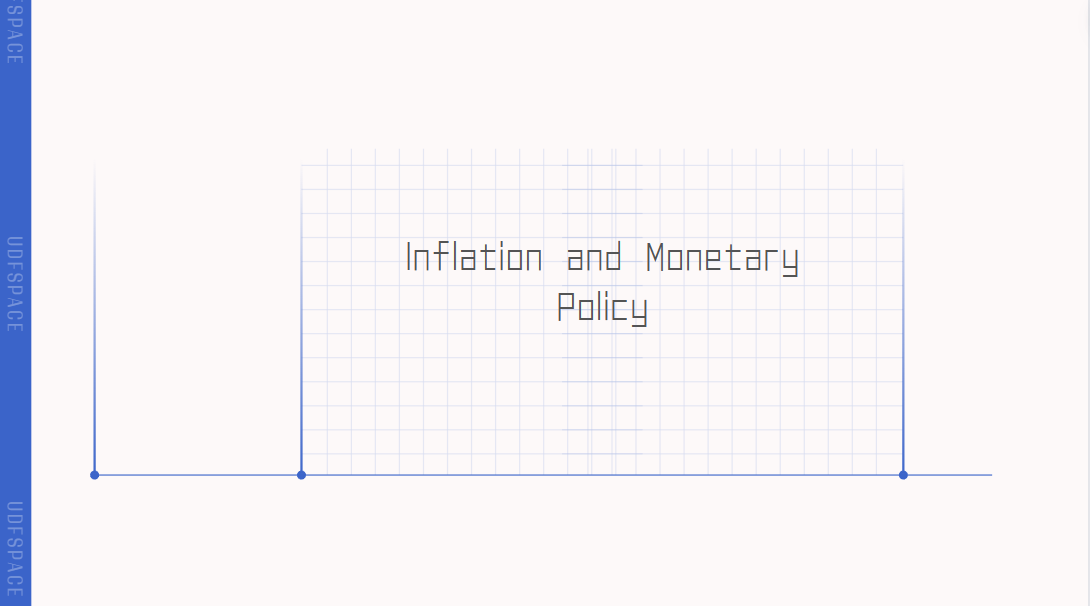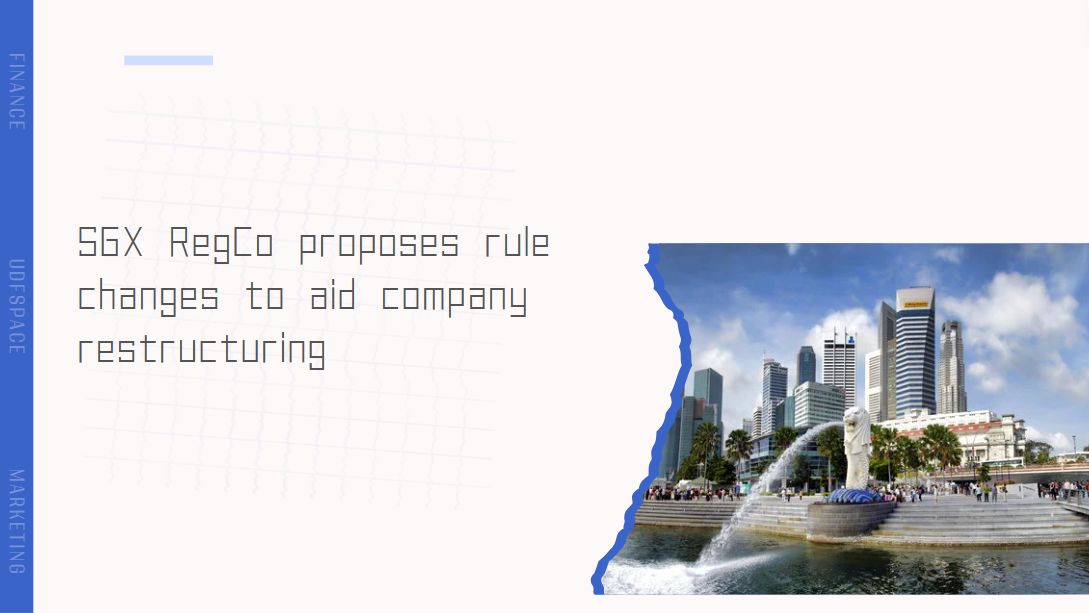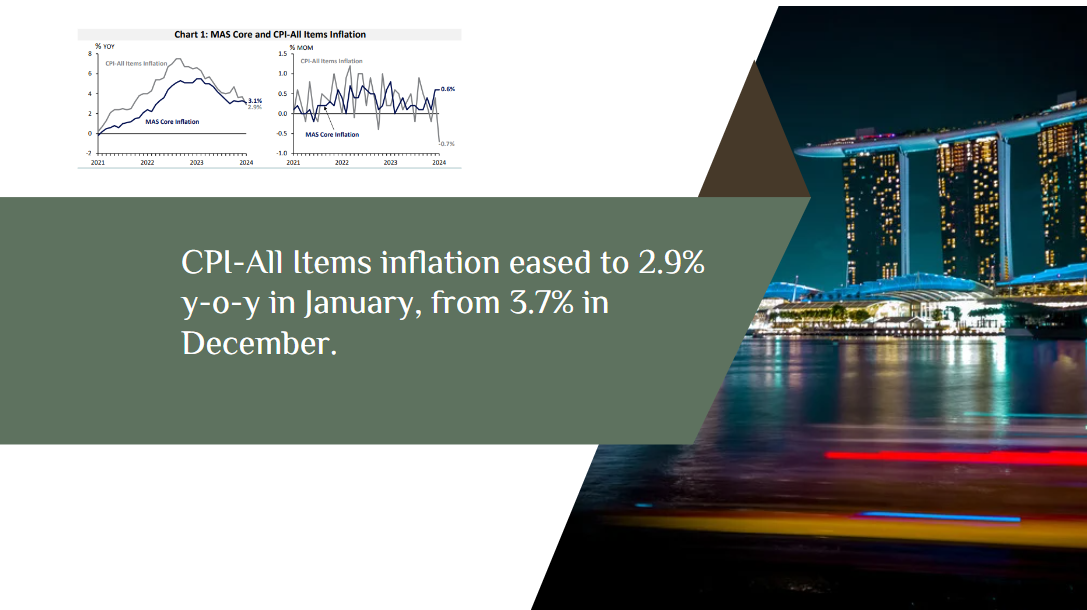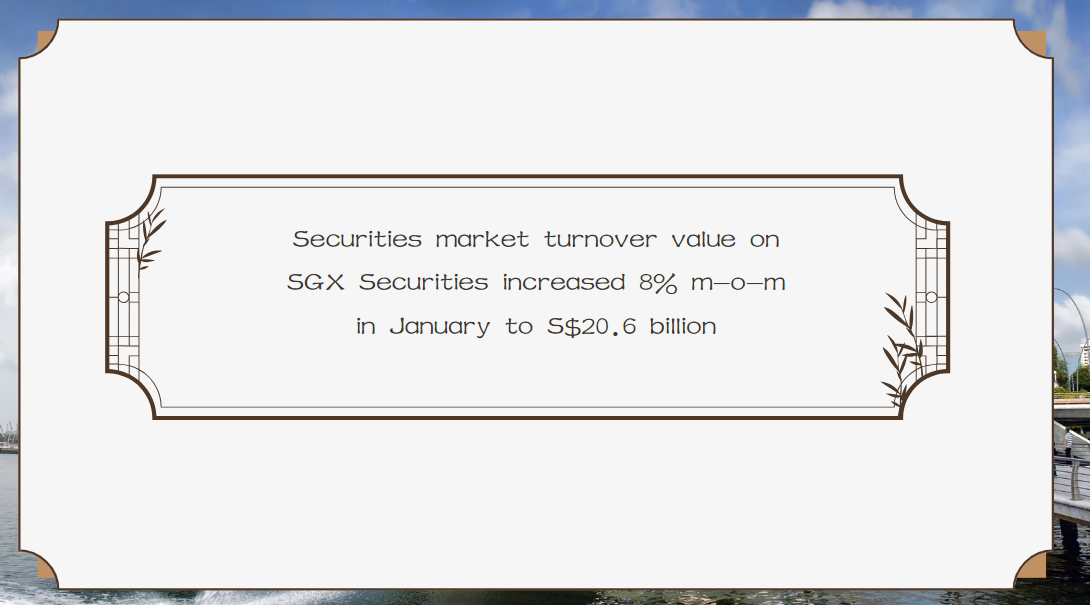February 2024 FATF Statement
The Financial Action Task Force (FATF) had paused the review process for the Democratic People’s Republic of Korea (DPRK) and Iran since February 2020 in light of the COVID-19 pandemic. Given that the DPRK and Iran are already in the list of “High-Risk Jurisdictions subject to a Call for Action” and already subject to the FATF’s call for counter-measures, financial institutions in Singapore (FIs) should continue to refer to the previous FATF Statement issued in February 2020, which highlighted the strategic deficiencies in the anti-money laundering and countering the financing of terrorism (AML/CFT) regimes of the DPRK and Iran. While the FATF Statement may not reflect the most recent status of the DPRK’s and Iran’s AML/CFT regimes, the FATF’s call for action against these two high-risk jurisdictions remains in effect:
·On the DPRK, the FATF remains concerned by the DPRK’s failure to address the significant deficiencies in its anti-money laundering and combating the financing of terrorism (AML/CFT) regime and the serious threats they pose to the integrity of the international financial system. The FATF urges the DPRK to immediately and meaningfully address its AML/CFT deficiencies. Further, the FATF has serious concerns with the threat posed by the DPRK’s illicit activities related to the proliferation of weapons of mass destruction (WMDs) and its financing. The DPRK is subject to the FATF’s call on all jurisdictions to apply countermeasures, and all FIs are to give special attention to business relationships and transactions with the DPRK, including DPRK companies, financial institutions, and those acting on their behalf, whether directly or indirectly. FIs should consider the DPRK a high-risk jurisdiction and apply enhanced due diligence measures as required under the relevant MAS AML/CFT Notices. FIs should also continue to comply with the requirements in the Financial Services and Markets (Sanctions and Freezing of Assets of Persons – Democratic People’s Republic of Korea) Regulation 2023 and apply appropriate risk mitigation measures taking into account relevant guidance provided by MAS.
·On Iran, Iran’s action plan expired in January 2018 and in February 2020, the FATF noted that Iran had not completed its action plan. Given Iran’s failure to enact the Palermo and Terrorist Financing Conventions in line with the FATF Standards, the FATF decided in February 2020 to fully lift the suspension of countermeasures and called on all jurisdictions to apply countermeasures in line with FATF Recommendation 19. Until Iran implements the measures in its action plan, the FATF remains concerned about the terrorism financing risk emanating from Iran and the threat this poses to the international financial system. FIs should consider Iran a high-risk jurisdiction and apply enhanced due diligence measures as required under the relevant MAS AML/CFT Notices. FIs should also continue to comply with the requirements in the Financial Services and Markets (Sanctions and Freezing of Assets of Persons – Iran) Regulations 2023 and apply appropriate risk mitigation measures taking into account relevant guidance provided by MAS.
·Since October 2022, the FATF called on all jurisdictions to apply enhanced due diligence measures proportionate to risks arising from Myanmar.
·The FATF noted Myanmar’s continued limited progress in addressing the strategic deficiencies in its AML/CFT regime and that the majority of its action plan items are still not addressed more than a year after its action plan expired in September 2021.
·FATF has urged Myanmar to fully address its AML/CFT deficiencies. Myanmar will continue to remain on the list of countries subject to FATF’s call for action until its full action plan is completed.
·FIs should therefore continue to be alert to the heightened risks arising from the situation in Myanmar. To this end, as communicated by MAS in the previous circular and statement on managing Myanmar risks, FIs must apply enhanced due diligence measures accordingly to detect and mitigate the risks associated with higher-risk customers and transactions. In accordance with the October 2022 FATF Statement (and reiterated in subsequent statements), FIs should ensure that flows of funds for humanitarian assistance, legitimate Non-Profit Organisation (NPO) activities and remittances are not disrupted when applying enhanced due diligence measures.
·For the avoidance of doubt, the FATF has not called for other countermeasures against Myanmar, unlike in the case of DPRK and Iran.
Further details can be found in the following links:
·February 2024 FATF Statement on the list of “Jurisdictions under Increased Monitoring” - https://www.fatf-gafi.org/en/publications/High-risk-and-other-monitored-jurisdictions/Increased-monitoring-february-2024.html
·FATF Statement on the list of “High-Risk Jurisdictions subject to a Call for Action” - https://www.fatf-gafi.org/content/fatf-gafi/en/publications/High-risk-and-other-monitored-jurisdictions/Call-for-action-february-2024.html
These FATF Statements assist FIs in their risk assessment and mitigation. Non-FIs that are subject to AML/CFT requirements in Singapore are also advised to note these Statements and take appropriate measures in accordance with their AML/CFT obligations and the relevant United Nations Regulations.























































First, please LoginComment After ~